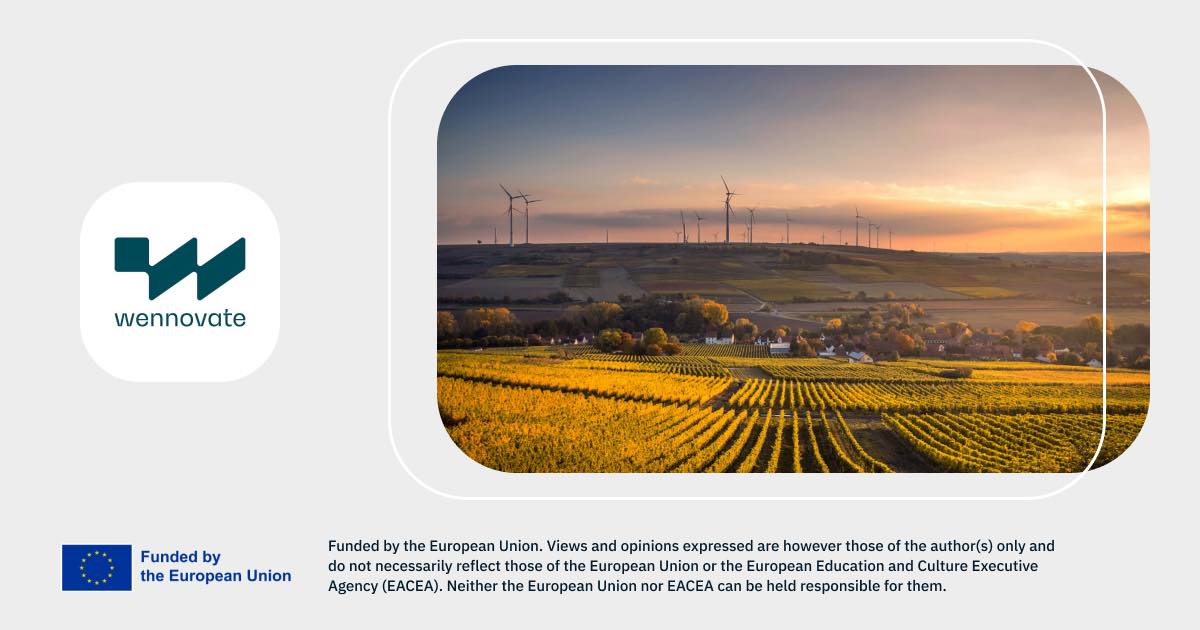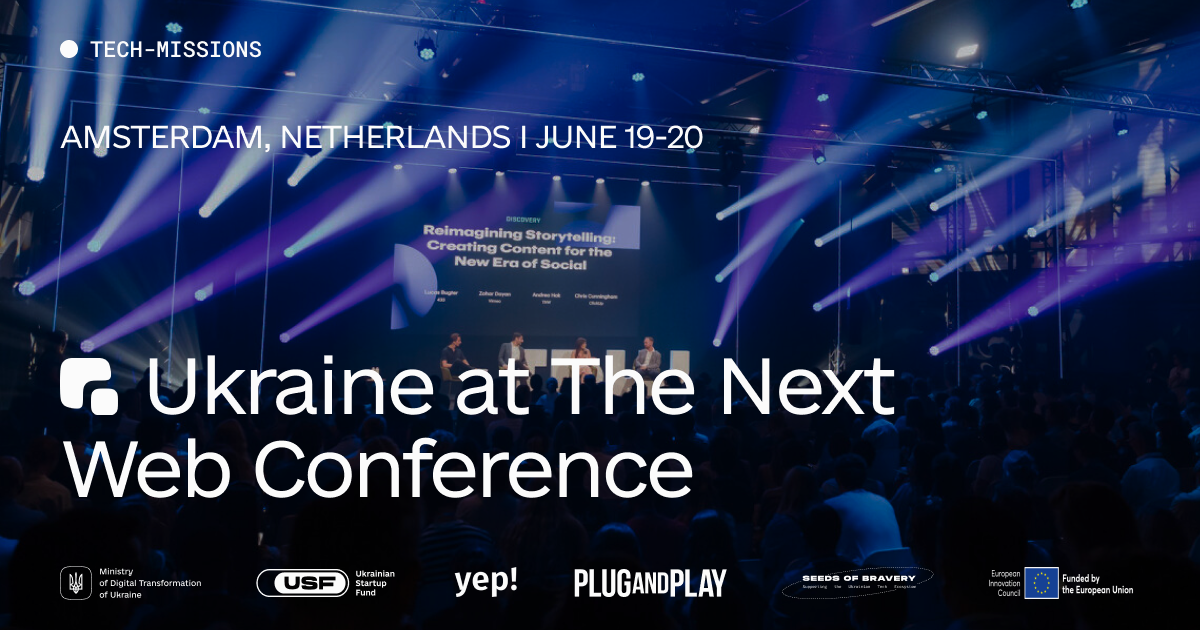European energy transition: innovations and challenges within WEnnovate

This summer, USF and its partners in the European WEnnovate consortium held a series of workshops. During the initiatives in Ukraine, the Netherlands, Hungary, and Slovakia, the partners discussed ways to integrate deep tech and digital innovations into the energy transition.
Some key facts and conclusions:
- The Netherlands is a leader in the digitalization and decentralization of the energy sector. More than 80% of the country’s population uses smart meters, and more than 33% have solar panels.
- Despite the war, Ukraine is promoting innovative solutions in the energy sector, including green and digital transition. The state demonstrates resilience and the ability to move forward by implementing innovative solutions aimed at transforming energy systems.
- Hungary is focusing on solar energy due to its geographical location. The country faces regulatory and financial barriers, but is actively working to implement smart grids and new technologies.
- Slovakia is struggling with a lack of qualified personnel and insufficient youth involvement, which also affects the pace of the energy transition. This creates barriers to innovation in the energy sector.
- Each of these countries has unique challenges and opportunities, but together they are moving towards a sustainable energy future.
More about WEnnovate: https://wennovate.designterminal.org/
With the financial support of the European Union. The views and opinions expressed in this document are solely those of the author(s) and do not necessarily reflect the views of the European Union or EISMEA. Neither the European Union nor the granting body can be held responsible for them.


